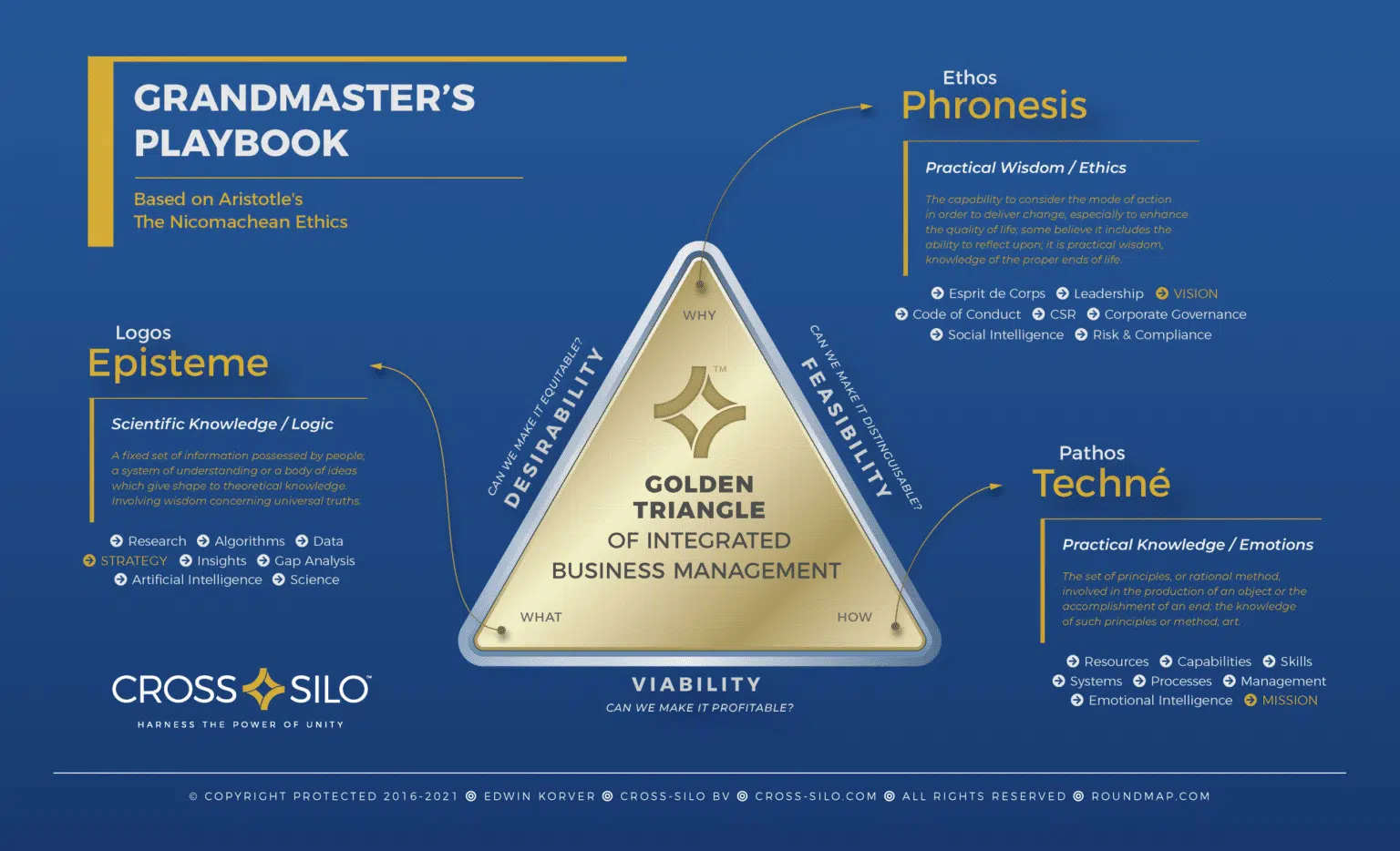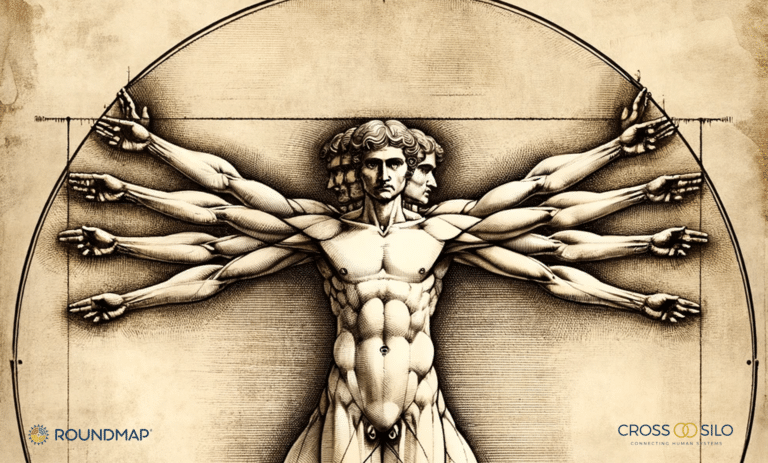In the relentless pursuit of excellence within the ever-shifting sands of a dynamic, fiercely competitive marketplace, we are inevitably confronted with uncertain moments— risks, gaps, and constraints that challenge our resolve and test our ingenuity. Within these crucibles of complexity, our true values are revealed, and our best decisions are forged. But how do we navigate these turbulent waters? How do we discern, amidst the cacophony of choices, the path that leads us to success and meaningful impact?
The answer lies in our ability to anchor ourselves to what truly matters. It’s about elevating our gaze above the fray, aligning our actions with the deep-seated values that define us—not just as professionals but as visionaries seeking to leave an indelible mark on the world. Every challenge lies an opportunity to demonstrate our commitment to these values, to make decisions that transcend the ordinary and propel us toward the extraordinary.
This journey is not for the faint of heart. It demands courage, resilience, and an unwavering belief in the possibility of a better tomorrow. It’s a call to arms to those daring souls who see beyond the horizon, value impact over immediacy, and are driven by a purpose beyond mere profit. Together, we can forge a future that is not only successful but significant—a future where every decision is a testament to what we truly value.
So, as we navigate these complex situations, let us ask ourselves: What legacy do we wish to create? What values will guide our journey? By holding fast to what matters most, we can make the proper considerations and decisions that not only navigate risks and overcome obstacles but also illuminate the path to a brighter, more meaningful future.
Aristotle
In the wake of our quest for excellence, navigating the intricacies of a rapidly evolving and fiercely competitive landscape, we find guidance in the wisdom of the past. Centuries ago, the great Greek philosopher Aristotle laid the foundation for understanding the essence of ethical decision-making in his seminal work, the Nicomachean Ethics. Though we merely skim the surface of his profound insights, Aristotle’s teachings offer us a timeless beacon of clarity.
Aristotle introduced a triad of perspectives—Techné, Episteme, and Phronesis—that together form a comprehensive lens through which to view the complexities that challenge us. Below is an inspiring visual representation. We shall delve into the essence of these angles, each offering a unique vantage point to enrich our understanding and enhance our decision-making processes.
- Techné, the lens of craft and technique, encourages us to consider the practical skills and knowledge required to create and execute solutions.
- Episteme, the realm of scientific knowledge and universal truths, invites us to ground our decisions in rigorous analysis and empirical evidence.
- Phronesis, the wisdom of practical ethics, urges us to weigh our choices against the backdrop of moral virtues and the greater good.
To complement Aristotle’s triad, we’ve included three critical conditions that every organization must consider: Feasibility, Viability, and Desirability. These dimensions ensure our decisions are not only grounded in wisdom and practicality but also aligned with what is achievable, sustainable, and desired by those we serve.
Together, these six elements form a robust framework, guiding us toward informed, inclusive, and impactful decisions. This holistic approach empowers us to steer our organizations in the right direction, ensuring that we not only confidently navigate the present but also shape a future ripe with potential and purpose.
As we embark on this journey, let us embrace the wisdom of Aristotle, enriched by our contemporary insights, to forge paths that honor our collective aspirations. Through this fusion of ancient wisdom and modern perspective, we can illuminate the way forward, making decisions that resonate with depth, integrity, and foresight. Let this framework guide us toward a future where our actions create ripples of positive change, echoing through time.
Techné (Feasibility + Viability)
Techné represents the essence of practical knowledge. It is the art of transforming principles and rational methods into tangible outcomes, the mastery of creating something not merely for the sake of creation but to achieve a specific purpose. Techné is the heart of artisanship, where every tool, skill, and process is harmonized to execute a vision, embodying the mission that drives a corporation forward.
At its core, Techné challenges us to interrogate the fabric of our capabilities:
- Can we bring our mission to life distinctively?
- What is our competitive edge; on-stage and backstage?
- Is our competitive advantage sustainable in the long haul?
- Do we have the necessary skills, resources, and capabilities?
Techné’s essence is deeply interwoven with pathos, or emotion, highlighting a profound connection to Emotional Intelligence (EI). This facet emphasizes the ability to understand and manage our own emotions but to connect with the emotions of others empathetically.
Emotional Intelligence lays the foundation for empathy — the bridge to genuine engagement. Empathy empowers our frontline staff to resonate with the needs and challenges of our customers, fostering a symbiotic relationship where both employee and customer engagement act as catalysts for growth and innovation.
In pondering Techné, we delve into what makes our mission feasible, probing the depths of our uniqueness, sustainability, and relevance. It invites us to assess our competitive landscape with a critical eye, ensuring that our edge is not only defendable but vitally aligned with the evolving needs of our world.
Through this lens, we recognize the critical role of Emotional Intelligence — without it, empathy and engagement cannot flourish. Let us embrace Techné as a framework for practical action and a pathway to deepen our connections, enhance our engagement, and drive our collective mission toward unprecedented horizons.
Episteme (Viability + Desirability)
Episteme, in Aristotle’s wisdom, captures the realm of theoretical knowledge, the domain where science and profound understanding converge. It represents a static yet foundational body of knowledge, a comprehensive system of ideas that underpins the very structure of academic and theoretical pursuits. Episteme is the pursuit of universal truths, a quest for wisdom that transcends the mundane and reaches into the essence of all that is knowable.
In the modern context, Episteme has evolved to encompass the tools and methodologies of our era: research that probes the unknown, algorithms that predict the next turn, data that unveils hidden patterns, and insights that illuminate the path ahead. It’s the strategic underpinning of our business decisions, guiding us through the intricacies of market dynamics with intelligence and analysis.
Confronted with Episteme, we are urged to ponder the viability of our endeavors:
- Can we navigate our path to success profitably?
- How does our performance measure up against the benchmarks of our industry?
- What portion of the market do we command, and can we expand our reach?
- Is there room to enhance our productivity and do more with what we have?
Episteme invites us to question the sustainability of our strategies and to align our actions with a deeper understanding of our environment. It calls us to leverage our collective knowledge and insights to forge strategies that are not only viable but also visionary. In this pursuit, we are tasked with measuring our potential against the infinite possibilities that theoretical wisdom can unveil.
Let Episteme guide us in crafting strategies that are not just profitable but profoundly impactful, pushing the boundaries of what we thought possible and leading us into a future brimming with promise and potential.
Phronesis (Desirability + Feasibility)
As Aristotle taught us, phronesis is the art of practical wisdom, the essence of ethical living and decision-making. It’s about discerning the right course of action, not just for the sake of action itself but to enhance the quality of life. Phronesis is the deep, reflective wisdom that understands life’s ultimate goals, guiding us to live and lead in alignment with those ends.
This noble pursuit touches the heart of leadership, shaping codes of conduct and guiding compliance and governance, all while reflecting deeply on the broader corporate vision. It’s a call to align our actions with our highest aspirations, asking of us:
- Can we enact our vision in a manner that is effective and profoundly attractive?
- Are our actions just, not merely in legality but in morality?
- Do we adhere to the rules and regulations, not as a burden, but as a reflection of our ethical commitments?
- Are our decisions and actions in harmony with our moral code?
- Should we reconsider our path in light of our guiding principles?
Phronesis is intrinsically linked to Ethos, the character or disposition that defines a person, group, or institution. It’s about the moral nature, the guiding beliefs that constitute the very fabric of our collective identity. This ethos shapes our culture and, by extension, our leadership — reminding us that we are defined not by our words but by our actions.
It underscores the importance of Social Intelligence (SI): the adeptness to navigate human relationships with wisdom, understanding the subtleties of interaction, and acting in ways that honor the dignity of all involved.
In embracing Phronesis, we commit to a leadership and organizational culture that is about adhering to standards and elevating our collective human experience. It’s a commitment to act with integrity, to lead with moral clarity, and to cultivate an environment where ethical considerations guide our path forward.
Let Phronesis inspire us to forge a legacy that is judged not by the loftiness of our ambitions but by the righteousness of our actions, creating a culture where every decision, big or small, is a testament to our deepest values and highest aspirations.
Conclusion
By perceiving complexities from these angles or lenses, leaders are bound to make better informed, less isolated, and non-biased decisions:
- Lens #1 – Techné – Pathos – Emotional Intelligence:
- Does it affect what we do and how we do it?
- Does it affect the value that we create & deliver?
- Does it affect our mission?
- Lens #2 – Episteme – Logos – Artificial Intelligence:
- Does it affect how well we do it?
- Does it affect the value that we can capture?
- Does it affect our strategy?
- Lens #3 – Phronesis – Ethos – Social Intelligence:
- Does it affect our stakeholders?
- Does it affect our perception of customer value?
- Does it affect our future vision?
- Does it affect public scrutiny?
Any questions? Feel free to ask.










